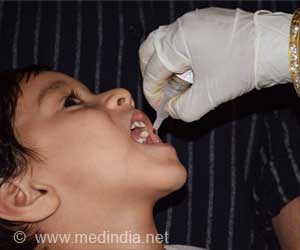Ministers need to get a grip on the spiralling graduate debt crisis and resolve other educational barriers that prevent pupils from low income families attending medical school, the BMA said in response to the publication of the Public Accounts Committee’s (PAC) report into widening participation in higher education.
Responding to the report, Louise McMenemy, the BMA Medical Student Committee lead on widening participation, said:“The PAC’s conclusions confirm the BMA’s concerns about the obstacles that lie in the path of many pupils from lower socio-economic backgrounds who want to go to university and study medicine. Some progress has been made in the past decade, but it is nowhere near enough.
“The key element to this debate is the growing student financial crisis – exacerbated by recent increases in tuition costs – that leaves many students struggling to pay annual £3,000 tuition fees and coping with graduation debt of £21,000 on average1. While every student has financial worries, medical students face particular pressures as their degrees are longer and more expensive than other undergraduate courses2.
“The PAC report unfortunately doesn’t acknowledge strongly enough how much of a burden this places on pupils from financially disadvantaged backgrounds who in some cases may be priced out of studying medicine. The current dire economic climate makes this problem even more acute.
“However, the BMA agrees with the PAC that every university should have appropriately structured, funded and transparent widening participation strategies that provide ways of helping talented students get a foot hold on the higher education ladder.
“Most importantly, we need to know what universities are doing about this issue as they currently don’t have to publish their strategies, an unacceptable situation when £392 million of public money has been poured into this area since 2004.
Advertisement
Dr Justin Varney, Co-Chair of the BMA’s Equal Opportunities Committee said:
Advertisement
“However, we do need to address issues holding back less well off pupils and also disabled students, who have faced discrimination in admission to medical schools at university. It is crucial that education authorities foster a positive culture of support to encourage disabled students to disclose their disabilities and access the appropriate sources of assistance so that they can contribute to the medical profession.”
Source-BMA
SRM






